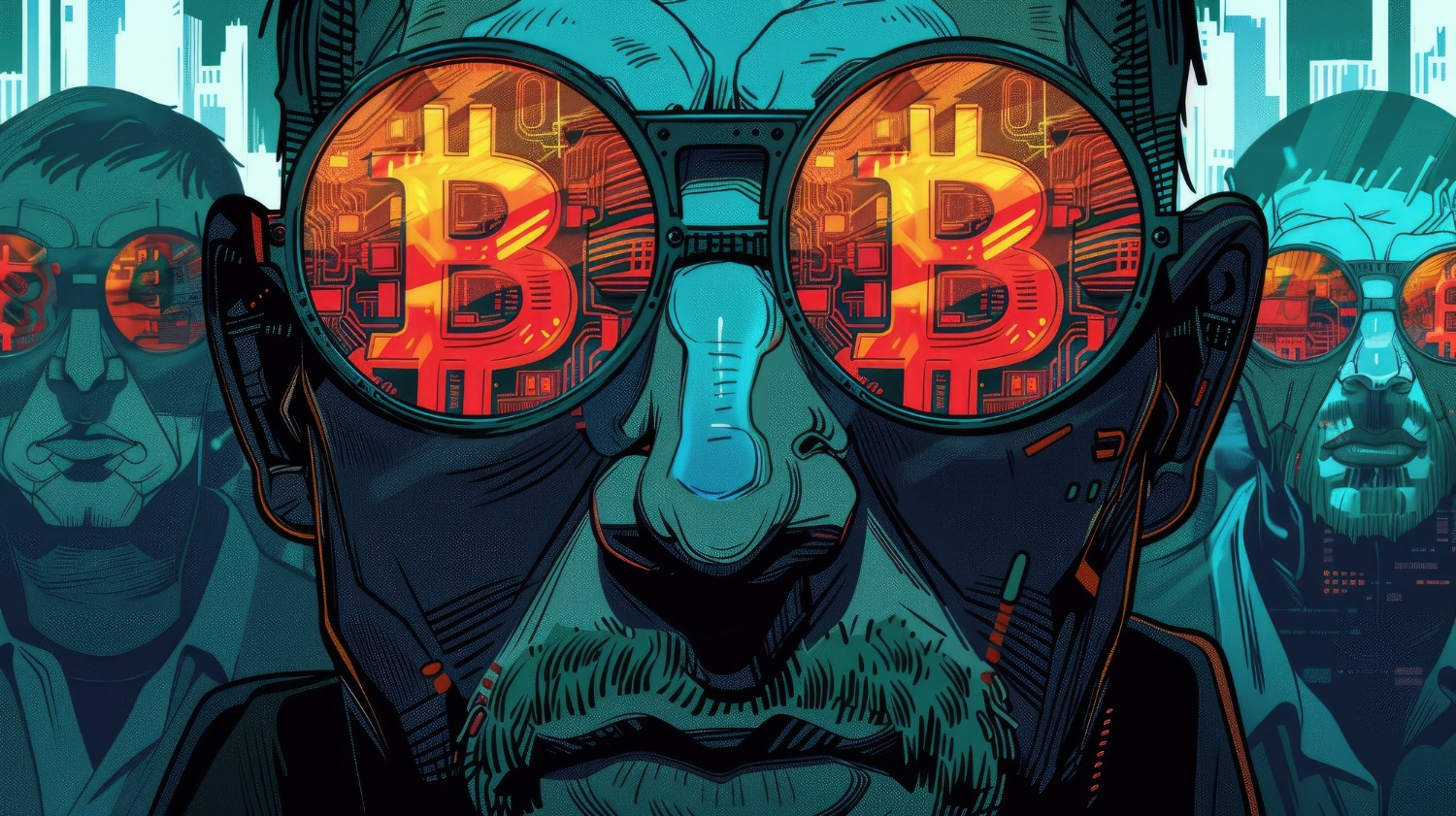Image source: Freepik
 Bitcoin sits on private keys like a sleeping dragon — volatile, valuable, and oddly immovable. For years, traders have tried to time the market, reporters have asked when holders will capitulate, and pundits have predicted mass liquidation. Yet much of Bitcoin’s supply never seems to move. Why? Here are five compelling reasons people clutch their coins like heirlooms.
Bitcoin sits on private keys like a sleeping dragon — volatile, valuable, and oddly immovable. For years, traders have tried to time the market, reporters have asked when holders will capitulate, and pundits have predicted mass liquidation. Yet much of Bitcoin’s supply never seems to move. Why? Here are five compelling reasons people clutch their coins like heirlooms.
1. They truly believe in the long-term story (HODL as faith)
Some holders aren’t speculating; they’re believers. To them, Bitcoin is a new monetary layer — scarce, censorship-resistant, and programmable. That belief has become institutionalized: many investors now describe their positions as strategic, not tactical. The narrative — that Bitcoin is “digital gold” or an emergent global reserve — makes selling feel like missing a generational shift.
Short sentence: conviction sticks.
2. Tax math makes selling painful
Reality check: selling often creates a taxable event. In many jurisdictions, crypto is treated as property, so any sale, swap, or spending can trigger capital-gains tax on the difference between purchase price and sale price. For someone holding large, long-unrealized gains, choosing to sell can mean a huge, immediate tax bill. The arithmetic — effective tax rate, basis calculations, and uncertainty about future regulations — persuades many to defer liquidity until circumstances make taxes less punishing. In plain terms: if you don’t sell, you don’t (usually) pay.
3. Security and custody constraints (private keys, hacks, and fear)
Some “can’t” sell as much as “won’t.” Lost private keys, dormant wallets, and hacked custodial accounts make a chunk of Bitcoin functionally unsellable. Analysts estimate millions of bitcoins are effectively lost forever — a literal reduction of supply that changes holders’ psychology: if so many coins are gone, the remaining ones feel rarer, and owners may become even more reluctant to trade them away. Meanwhile, the headlines about exchange hacks and private-key thefts keep a spotlight on secure custody, reinforcing a preference for long-term holding over frequent moves.
Short sentence: security scares you into patience.
4. Network effects and “first-mover” thinking
Bitcoin’s value isn’t only in code or scarcity — it’s a social phenomenon. The more people, exchanges, custodians, and financial products back Bitcoin, the stronger its network effect; that, in turn, strengthens the case for owning it. When investors believe adoption will compound — more apps, ETFs, institutional custody, merchant acceptance — they treat current holdings like early ownership of a brand that’s still growing. Selling becomes not just a financial decision but a social one: step away now and you might forfeit membership in the next big shift.
5. Behavioral economics: loss aversion, regret, and FOMO
Humans are predictably irrational. Loss aversion makes the pain of realizing a loss feel worse than the joy of an equivalent gain. Regret aversion haunts traders: sell and watch it spike — you’ll regret it. Keep and watch it dump — you’ll regret that too. But the allure of missing out on a historic run (FOMO) often wins. Add tribal identity — the crypto community’s “HODL” culture — and you’ve got a behavioral lock-in that’s surprisingly powerful. It’s not all numbers; it’s identity, emotion, and the social script that says: hold on for dear life.
A final twist: not everyone is rational — and that’s by design
Some retention is mechanical: long-term holders, illiquid wallets, retirement accounts, and institutional mandates can restrict selling. Other retention is psychological. And some supply simply cannot move because the keys are gone. Together, these factors create a supply that’s sticky — resilient to every price shock and every headline.
Short sentence: scarcity plus sentiment equals stubborn supply.
Why it matters
If large swathes of Bitcoin are unwilling or unable to sell, price dynamics change. Lower circulating supply can amplify rallies; sticky holders can intensify volatility as the market absorbs new demand. Policymakers, institutions, and individual investors should understand the mix of ideology, tax law, security realities, and human behavior that keeps coins off exchanges. Understanding those forces explains why, in a market obsessed with liquidity, a surprising amount of Bitcoin behaves like a treasured family photo — priceless, personal, and not for sale.
People don’t sell their bitcoins for reasons that are legal, psychological, technical, and institutional all at once. Sometimes it’s tax code. Sometimes it’s a fear of losing keys. Often it’s a narrative — belief in an idea larger than oneself. And often, simply, it’s emotion: the stubborn refusal to let go of something you think might change the world.
Photo: Freepik



